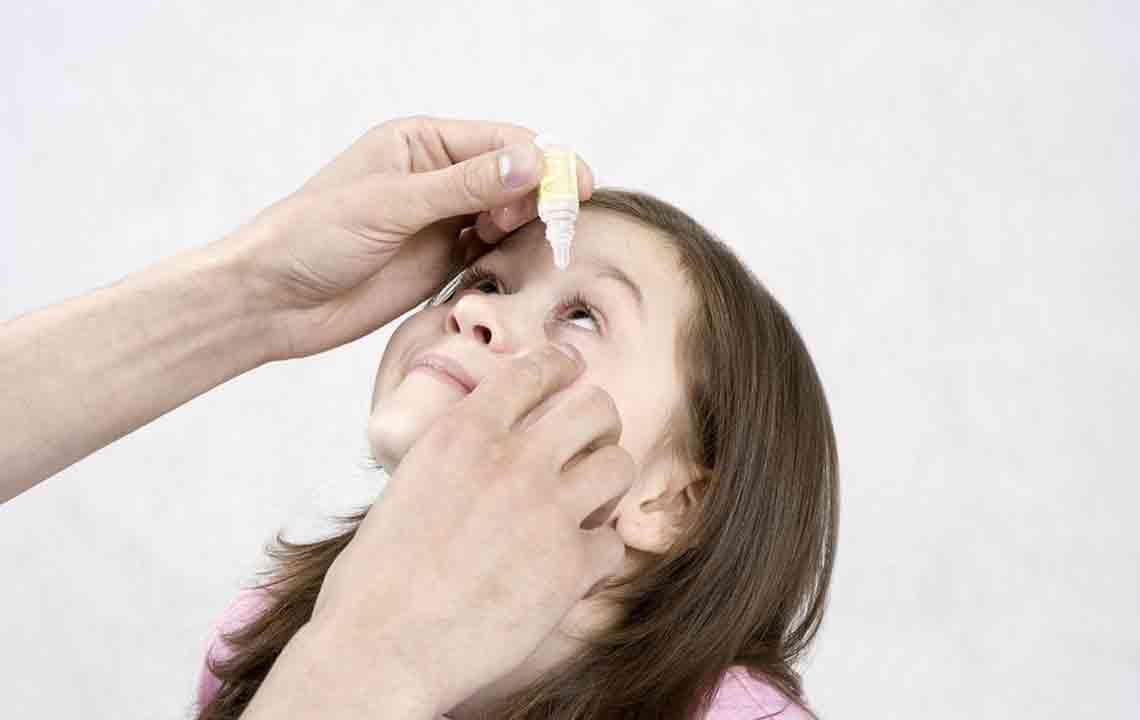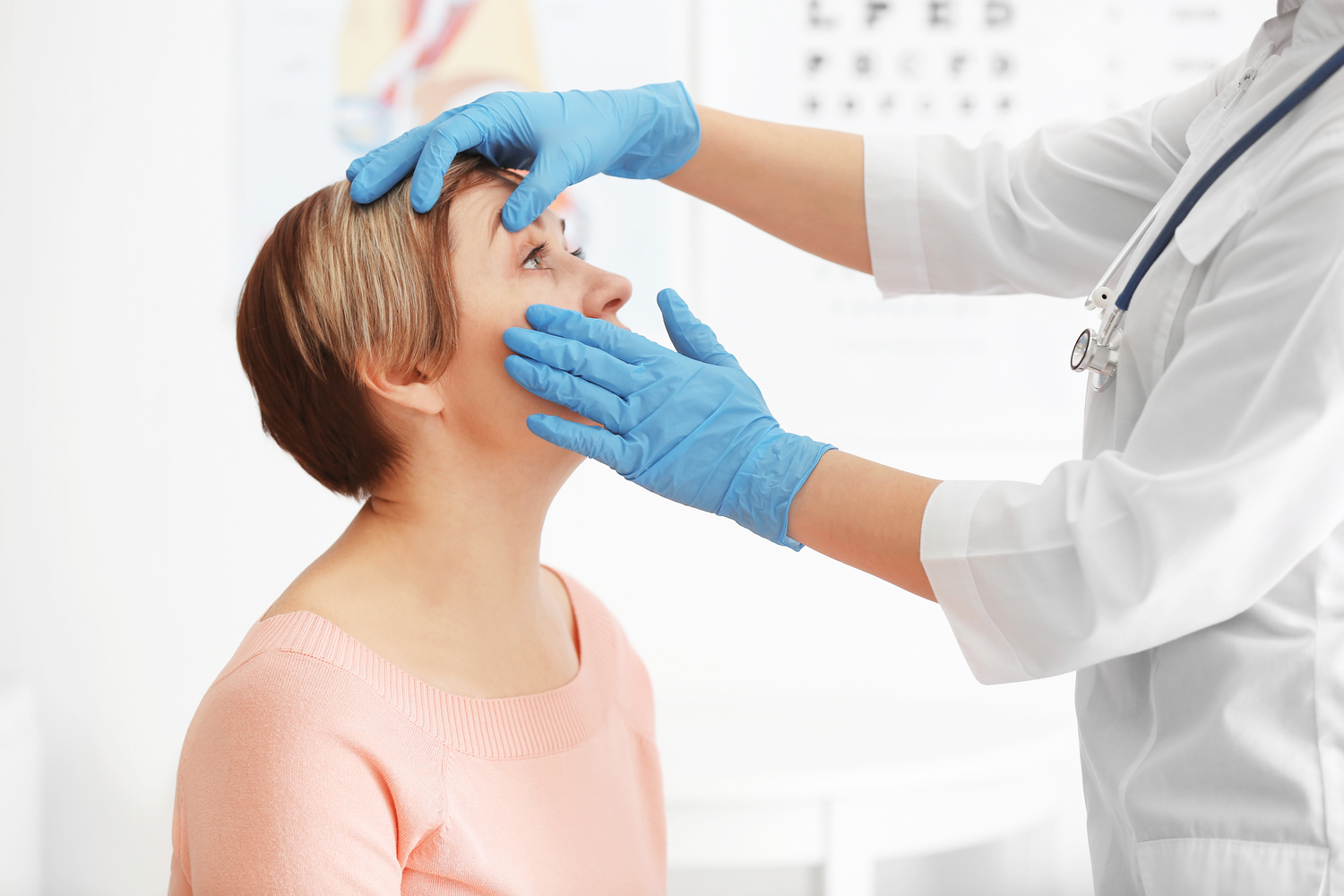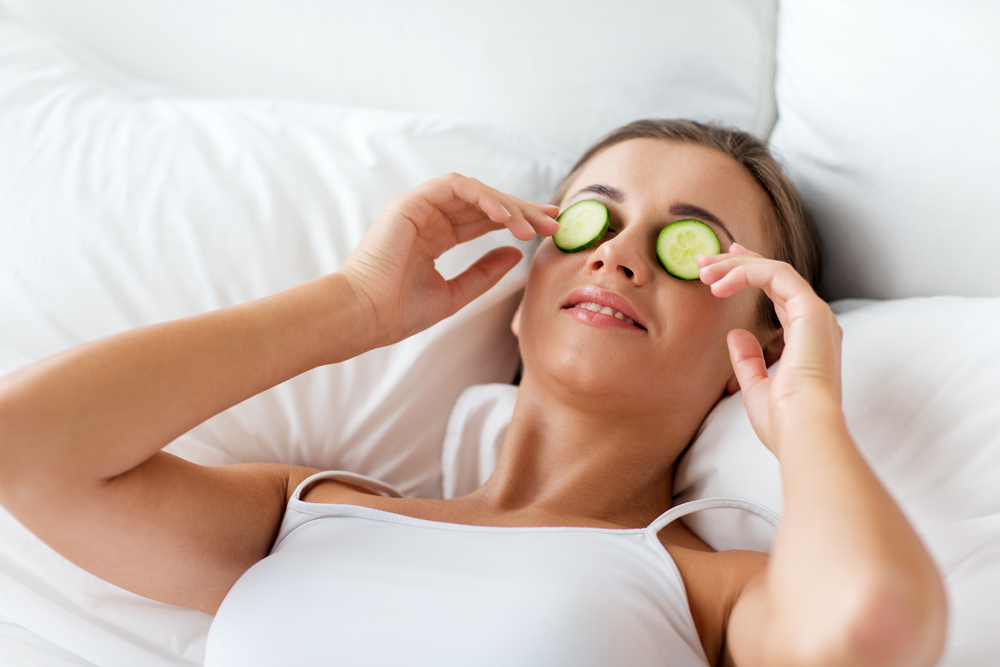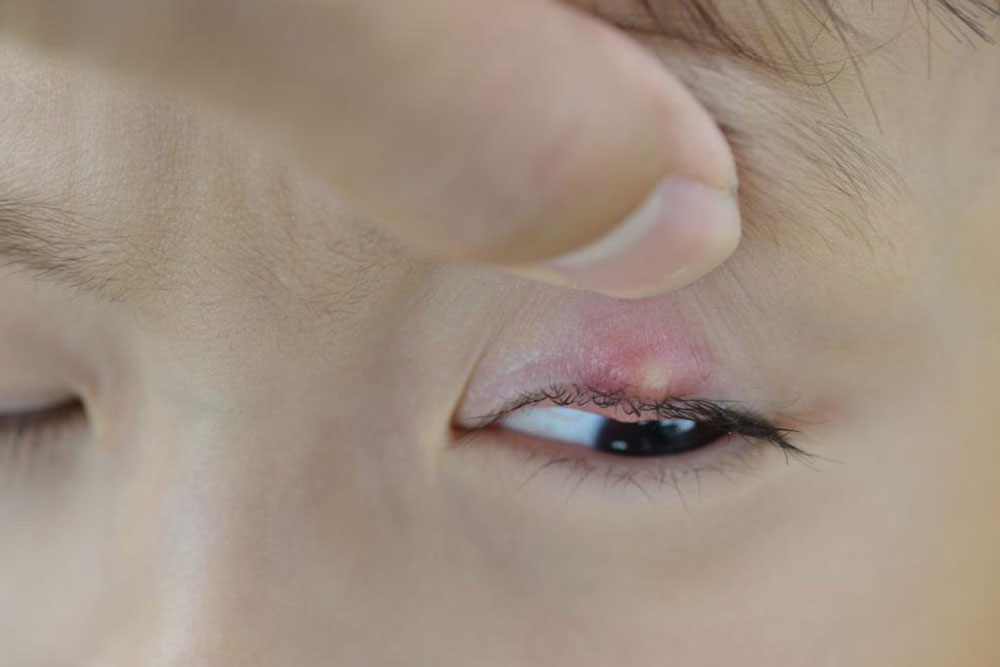A brief insight into what dry eyes is and how it can be treated
Nowadays, one of the most common eye diseases that most of the people suffer from is dry eye syndrome. Also known as KCS or keratoconjunctivitis sicca, this eye disease continues to plague people with several uncomfortable dry eye symptoms and can even lead to permanent vision damage, if not treated early. The best way to deal with this threat to the eyes is to be aware of the condition and the effective ways of treating the same.
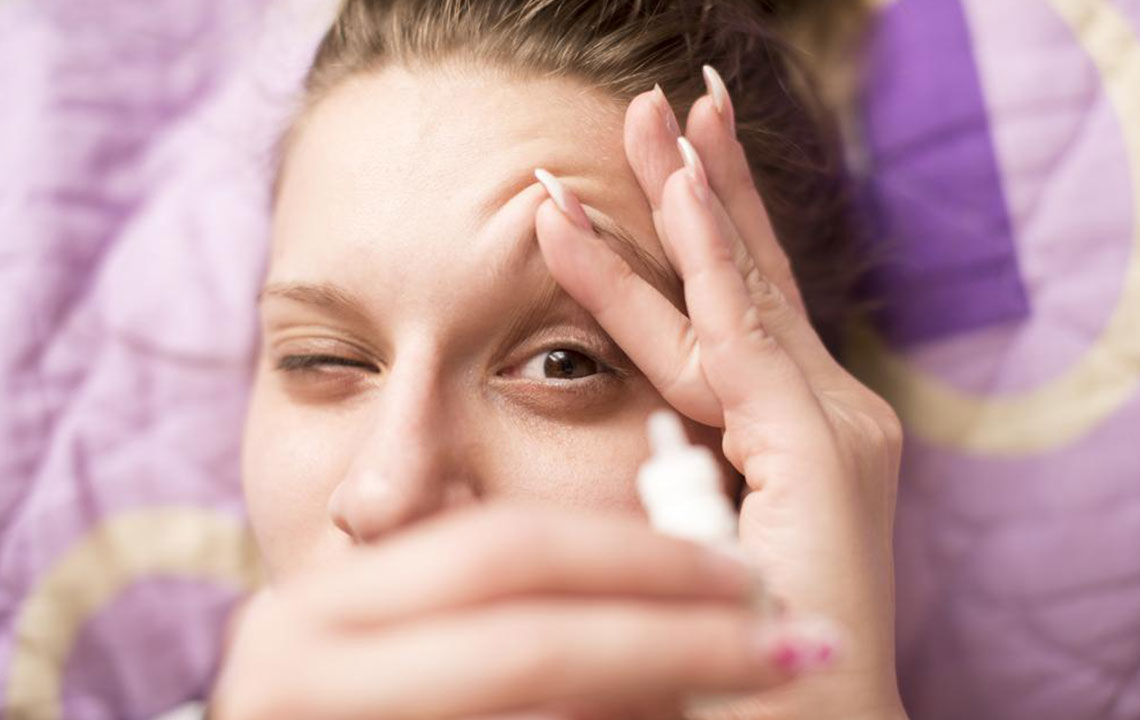
What is a dry eye?
Dry eyes are a common eye condition, which occurs when one’s tears fail to provide the required and normal level of lubrication to the eyes. It refers to the lesser production of tears and as well as the poor quality of tears. People suffering from this dry eye condition face some common dry eye symptoms like redness, blurred vision, itching and burning sensation, light sensitivity, among others.
What are the treatment options?
When it comes to treating dry and the dry eye symptoms, some treatment options are available, both clinical and natural. Let’s have a look at them here:
- For mild to moderate dry eye conditions, a change in the lifestyle or home remedies like tea dipped cotton, aloe vera gel, and honey on the eye lids prove to be effective.
- Practices like frequently blinking the eyes, washing the eyes, or applying warm compress can also help in getting relief from the itching and burning sensation, associated with this eye disease.
- There are various artificial tears, eye drops, and oral medications available that help in preventing and controlling the annoying dry eye symptoms. Eye inserts that work just like the artificial tears are ideal for managing moderate to severe symptoms of dry eyes. Tear stimulating drugs as well as eye drops made from one’s blood, special therapies, and contact lenses are other treatment options.
Whether the dry eye symptoms are mild or seriously hampering one’s daily routine, bringing it to the notice of your physician is crucial. While the majority of its symptoms can be treated with various home remedies, sometimes, they need medications and eye drops prescribed by the eye specialists.

